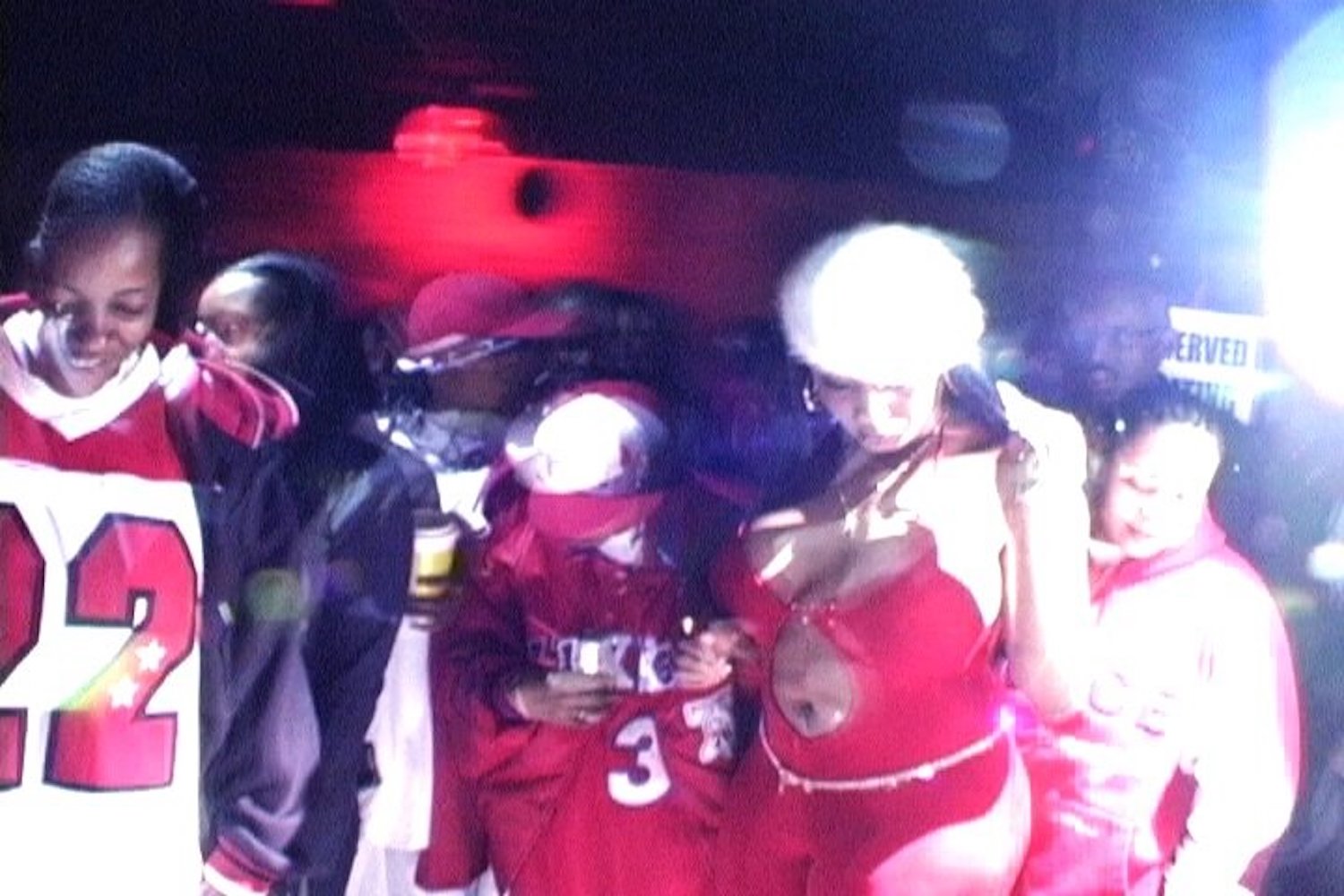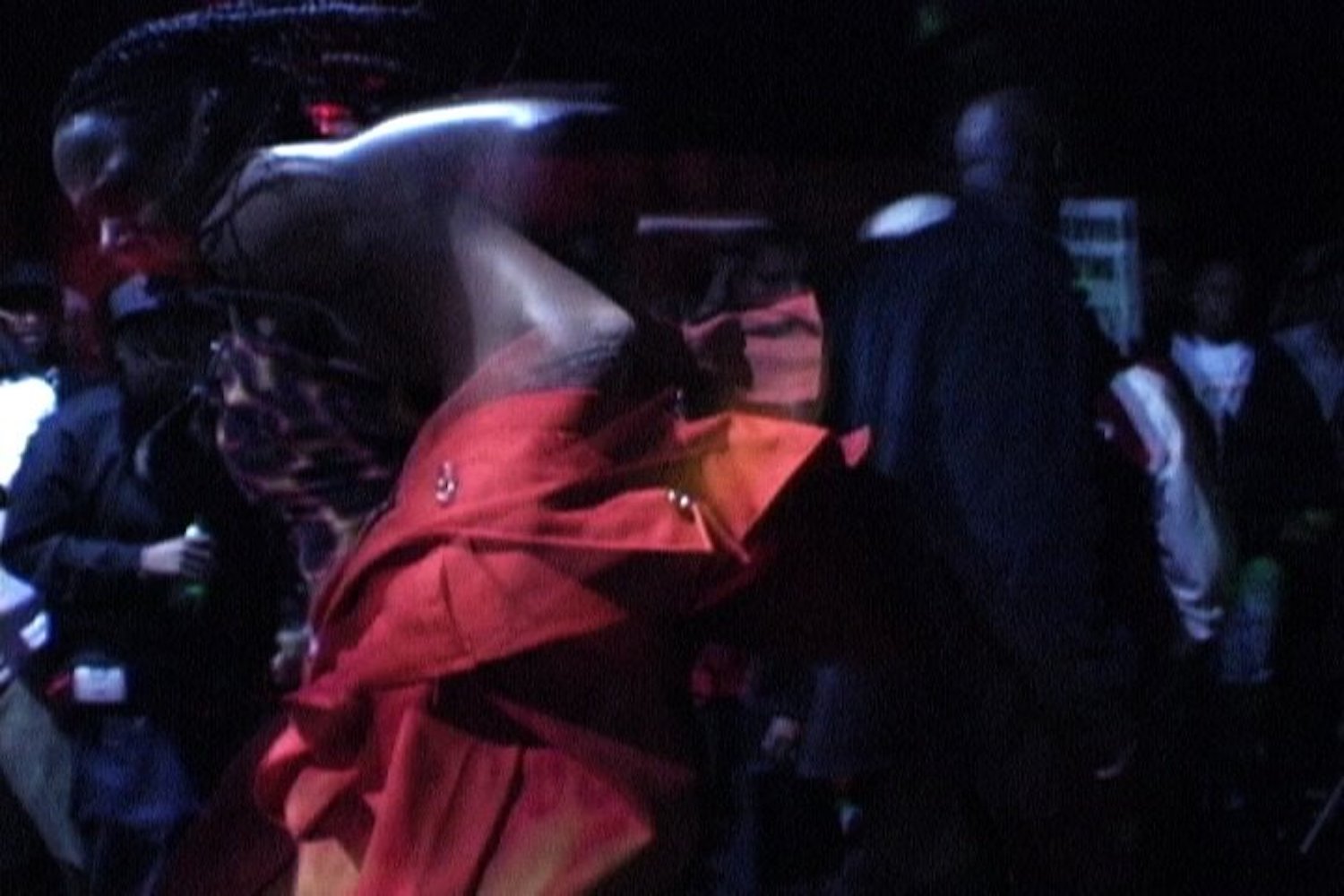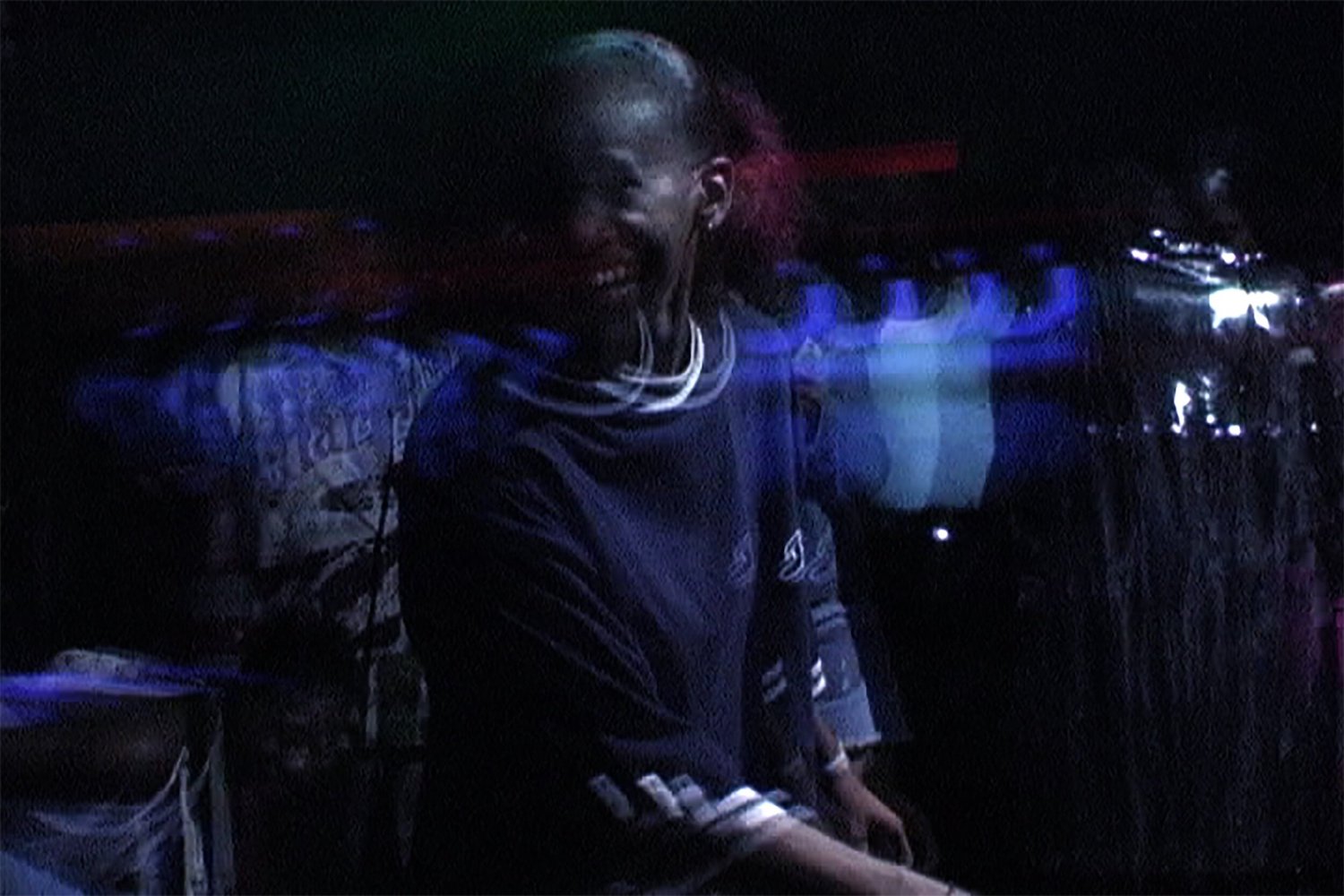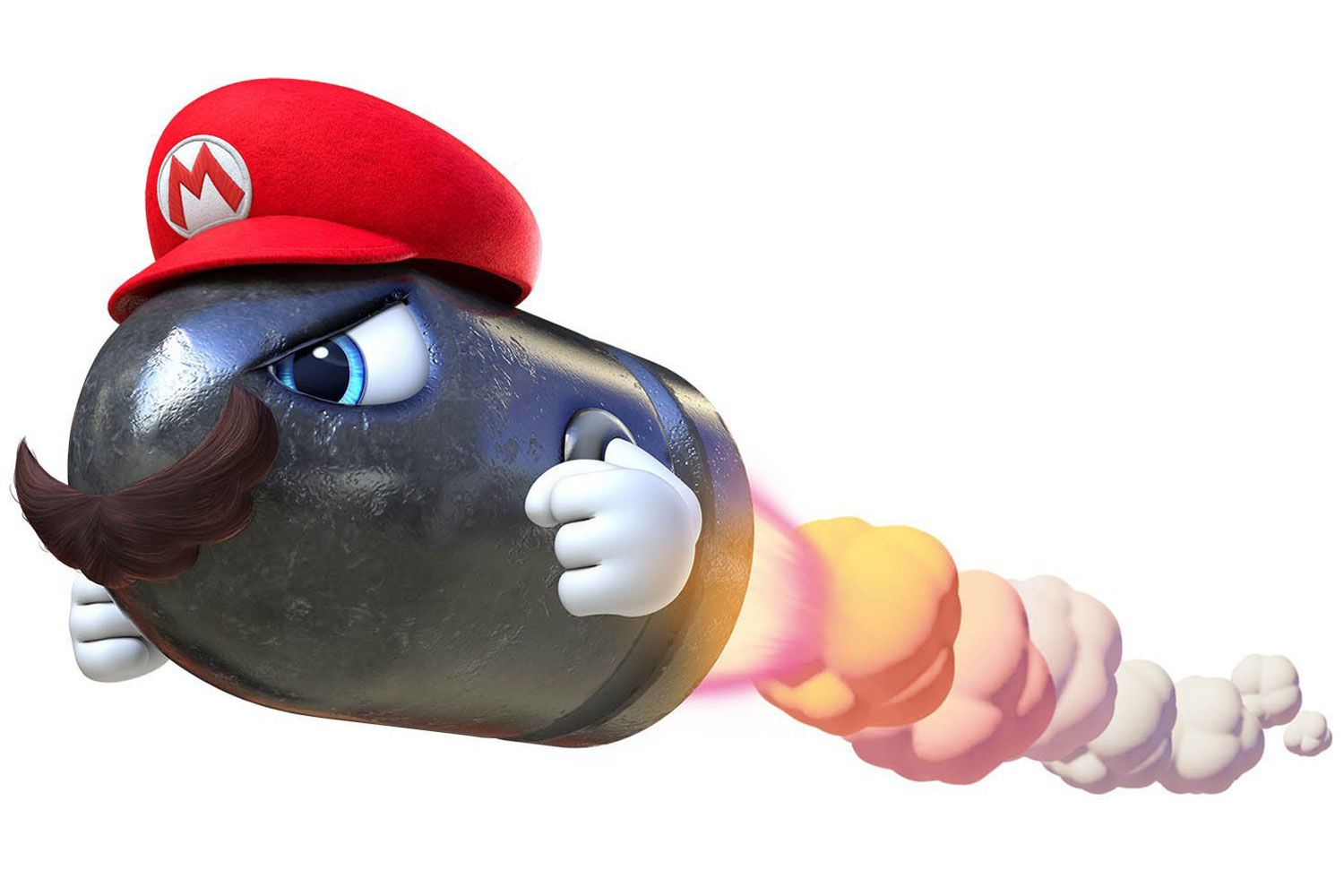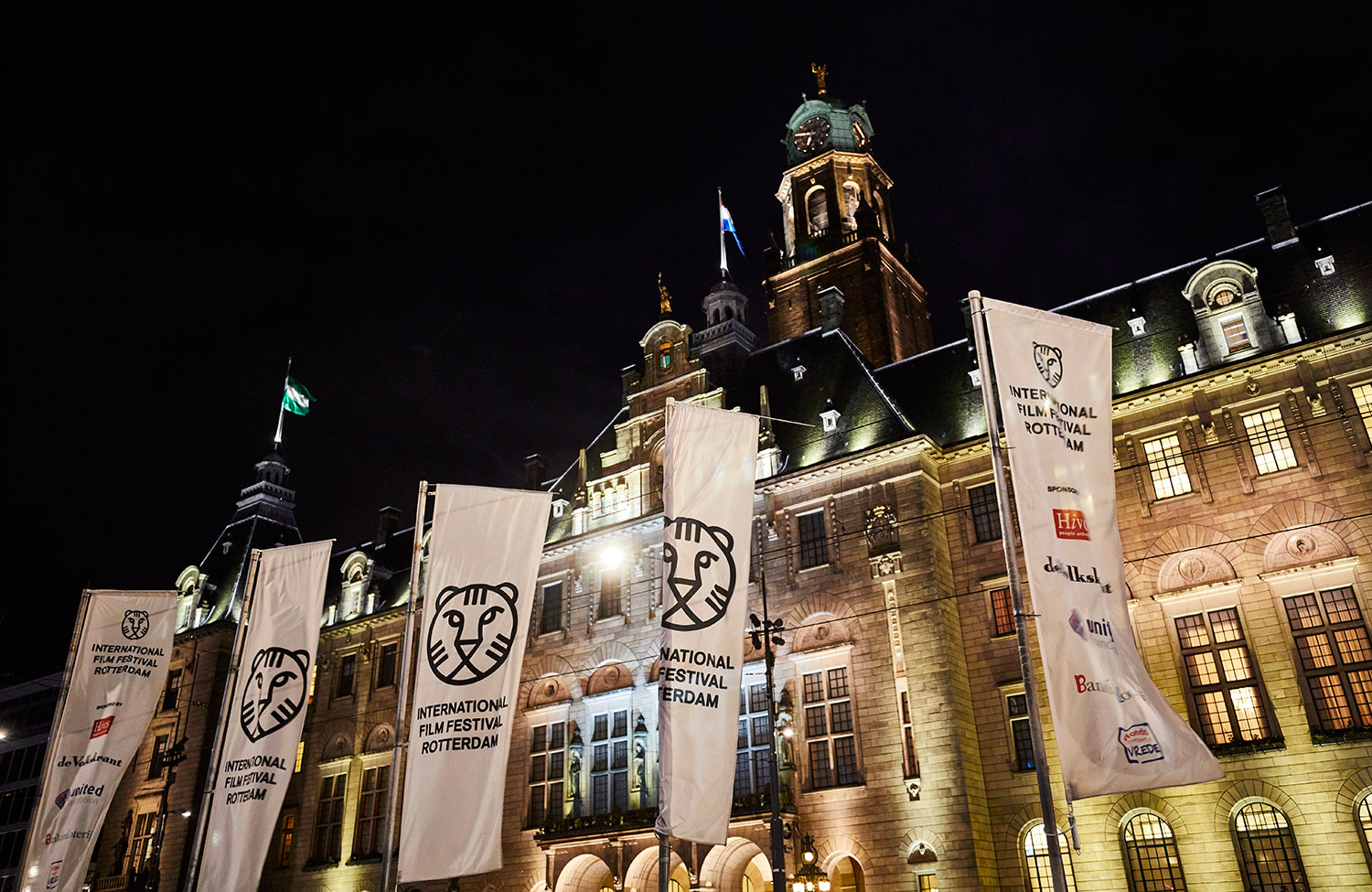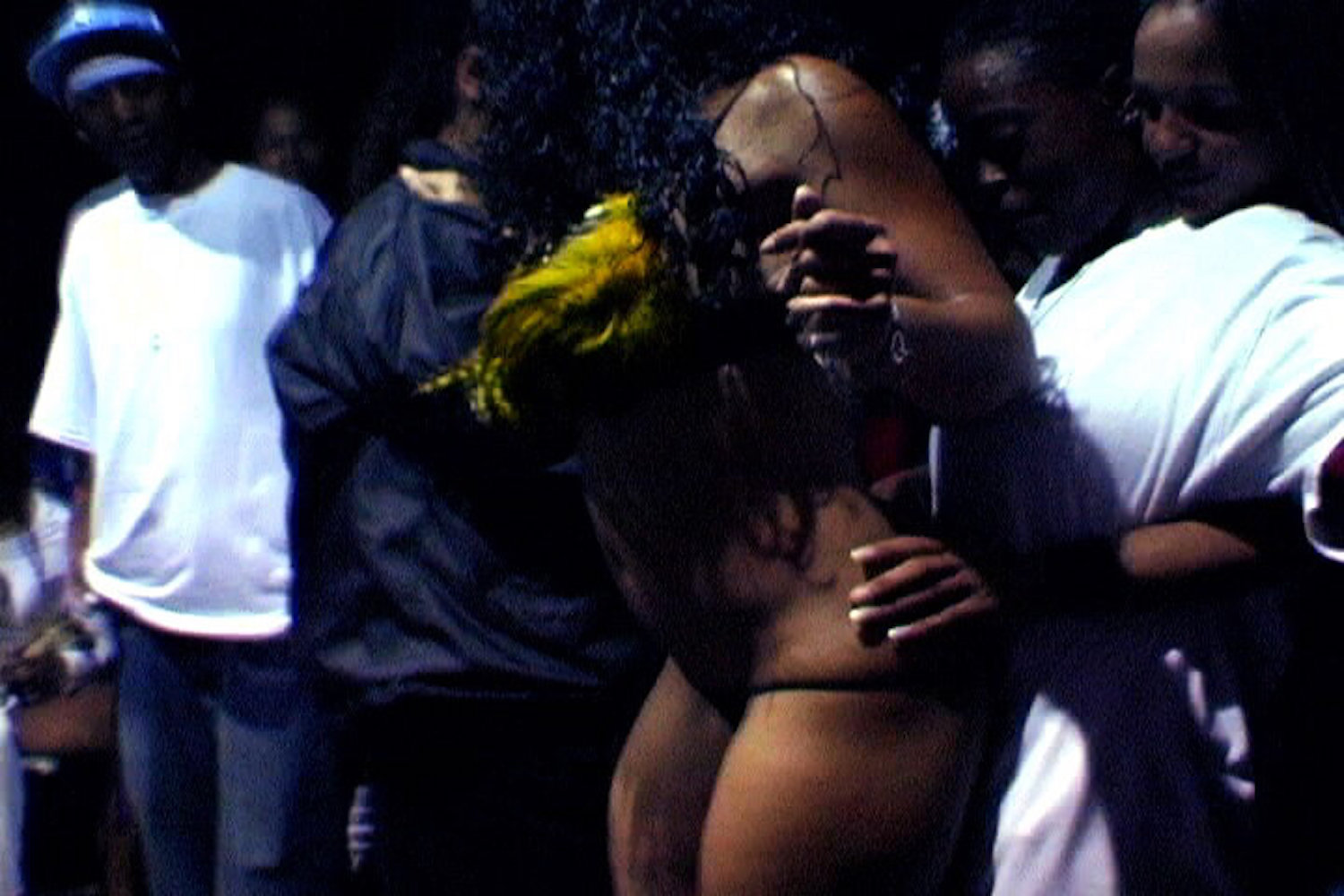
Leilah Weinraub’s Shakedown (2018) is a seventy-minute record of a Black-owned-and-operated lesbian strip club in Los Angeles, active in the early 2000s. Following celebrated screenings at film festivals and museums, the film has come online, streaming on Pornhub in March, DIS in April, and now available as part of the Criterion Collection. Edited from four hundred hours of footage, shot over ten years, and mixed with archival footage, Shakedown is both a relic and a forerunner. Over the phone during California’s statewide lockdown, Leilah and Isabel talked about what made one past interview bad, what makes her film’s characters neither good nor bad, and why LA is a strange and generative place.
Leilah Weinraub: I feel like I’ve been like the steward of the work and like ushering it through the world. The conversation around it is the work too, you know? Often, more people hear about a work than know about or see it. There was just a persistence about the interviewer. Like, she came in with a narrative. I could have said anything, and she would have just kept asking the same question.
Isabel Parkes: That gets at why interviews can be so counterproductive and why many artists find them compromising. And like you said, the dialogue around a work of art becomes part of it.
LW: It is the work! And equally well, if people don’t see the entirety of the film, the dialogue around it can help move the conversation forward. You know, if you hear about the film and you don’t like the conversation around it, then you probably don’t make it into the viewing space. This was particularly important for the Pornhub collaboration.
IP: How was that collaboration? How did you find the live chat element?
LW: I thought it was successful. There was one comment that I saw that was overtly racist, like Tourette’s racism and an invasion of the space. Before we went live, I thought a lot about if there needed to be a consent form, so that people had to agree to enter the chat space. I tried to think about the whole project and ask myself if every part of the project holds that kind of information, so in the end I chose to have just a block of information on the Pornhub page.
I was curious to see how much I needed to police the conversation. That was my role. I don’t actually have that much to say in a chat situation because I’ve done a lot of interviews, so it felt like an opportunity for viewers to talk to each other and for the cast of the film to interact with their fans. There were fifty thousand users of the chat in a month, but I don’t even know what that means in terms of internet numbers. It was important to me that the people from the film, Ronni for example, as representatives of it, enjoyed the experience.
IP: You’re more of a protector than a policeman for Shakedown.
LW: That was always my position, plus accurately capturing the feelings of the night. Usually it was my physical body taking the work from place to place, screening it, introducing it, making sure people watch it in a certain way. Now it’s like we’ve reached a place where the film does all this without me. And I think that it’s strong enough to do that without making you feel like the images or the people, the characters, are at risk.
IP: From screenings at the Whitney, to Pornhub, to DIS, to Criterion, you’re letting Shakedown exist incrementally more on its own.
LW: There’s so much context for it now.
IP: There’s context but there’s also a lack of judgment in the work that allows people to engage with it at face value. The film deals with sex — through the Shakedown Angels, money, through cash and power, through police — but I don’t get the sense that we’re looking at characters as good or bad.
LW: Exactly.
IP: I think that speaks to the way you filmed and edited it.
LW: I’m not sure how much I want to add to that, because that’s it. [pauses] I think it has to do with the particular subculture that I’m part of. At the time, Shakedown was viewed as an underdog among LA lesbian strip clubs. There’s a movie about its kind of predecessor, the lesbian strip club The Catch (Jewel’s Catch One, 2016), and it’s completely sanitized.
Every part of the real story about Jewel’s Catch One is dynamic. The founder, Jewel Thais-Williams, was a grocery bagger across the street, and one day she was like, “I’m going to buy that store.” This was a time, the 1950s, when women couldn’t even be bartenders. Somehow she bought the building, a quarter of a city block, and she inherited its clientele, mostly working-class, day-drinking Italians. At night, she’d invite her friends, and over a decade the thing evolved into a gay club. Celebrities started coming. There were vogue nights, there was sex — all the things that happen at night. It teetered on what was legal, and anyway, the movie about it was just a completely inaccurate representation of what happened at that place. The movie took away all its power, you know? But it did get distribution on Netflix through Ava DuVernay’s film company.
But actually, it does talk a lot about — well, whatever — the woman is really cool, and the film depicts her life well, because she’s a very special person. She’s part of the Minority Aids Project and she opened a healthcare center next to the club that was self-sustaining. The revenue of the club went to the healthcare center. So, it is cool, but it isn’t exactly what happened with the club.
IP: What did it mean for you to capture what happened at Shakedown?
LW: When I approached Shakedown as a story and vibe, I wanted to talk about labor. I was thinking about fantasy and darkness and like the space of the nighttime, things that grow in darkness. I wanted to take into account the validity and importance of that in the world and in culture. You know, like the energy that’s generated in an absence of light or whatever. For example, Egypt’s real name is Aisha Ferguson. Egypt is Aisha’s labor, her performance persona, the baddest bitch. So, getting into this morality discussion of a good person or a bad person, our starting point is a fantasy that ignores those poles of judgment. You just have to watch what they’re doing.
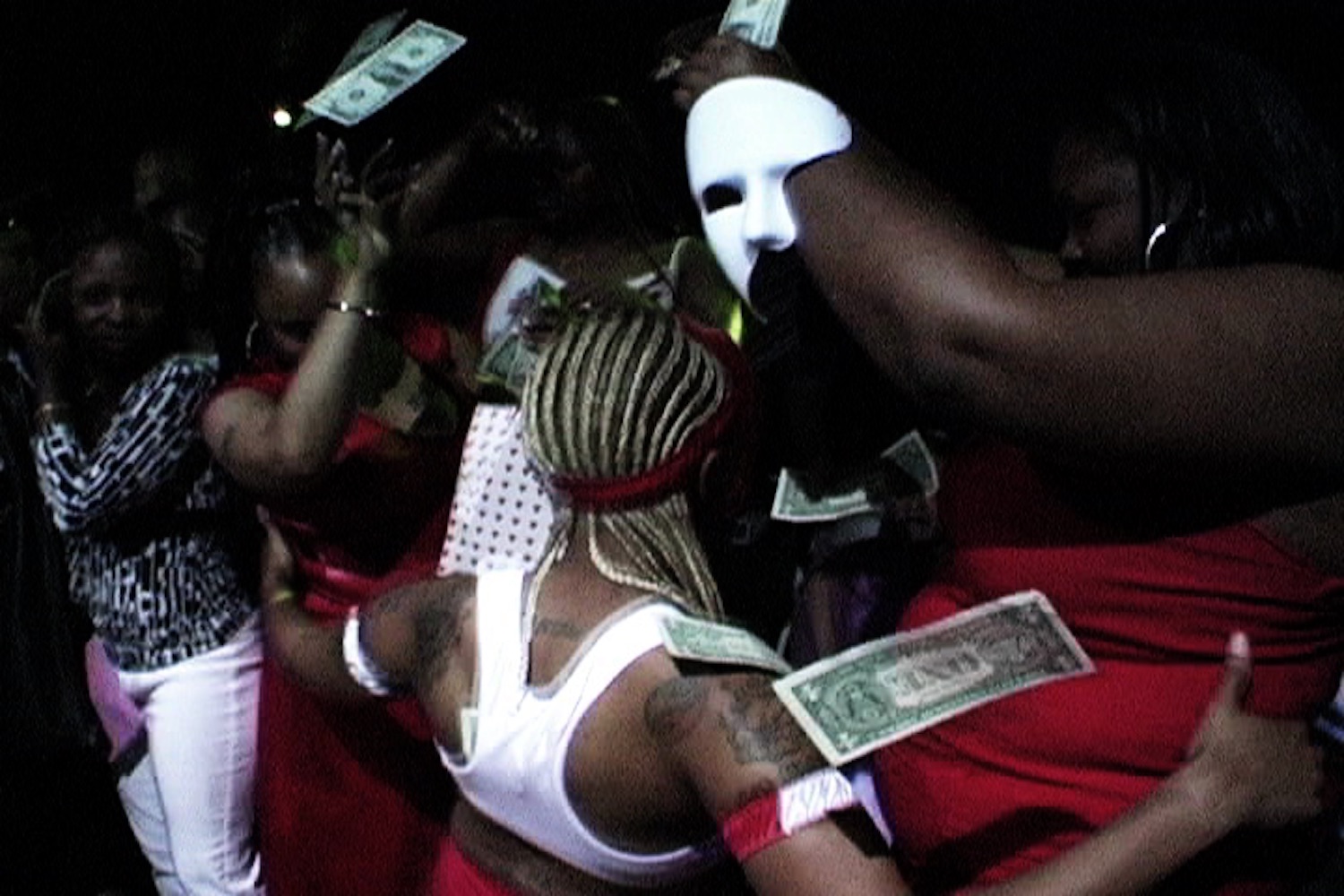
IP: The package of Jewel’s Catch One — the film itself, where it plays, the names behind it — speaks to a different cultural moment. What had to happen for Shakedown to come out in the way it has?
LW: It’s almost like the lighting had to be right. If I put it to one thing, I would be ignoring too many others. In some ways, it needed to not be the first experience for people. Obama needed to be president. I don’t know! [laughs] There needed to be films about the banal, films about nothing. There needed to be more representation about the daily or the basic before I could deliver a film about the spectacle. I didn’t want Egypt to have to prove herself a good person; I wanted her to live in infamy, because that’s what she wants.
IP: It sounds like there had to be some public recognition of how systems work in order for the spectacle to land, but there’s a fine line between awareness and commodification. As a Black female lesbian documenting a primarily Black female lesbian strip club, there is inevitably a sense of identity in Shakedown. How do you make it dynamic without making that the only dynamic people talk about?
LW: In the future, when a cast is white, the film gets described in those terms. The way I describe Shakedown is in terms of the Black cash economy, and yeah, the descriptor of race has to do with financial independence. That felt important for me to point out.
When I started shooting in the early 2000s, there was a lot of like representation in film about winning the cultural lottery and being able to extract yourself from your community of origin as a dream. The narrative of RIZE is structured around getting the fuck out and being an exception. That’s what Paris is Burning is about — this phoenix-from-the-ashes idea. And I was just like, What is wrong with building inside of your community? A self-sustaining, autonomous community is lit. It’s a zone.
It was important for me to decentralize that narrative of winning and being the best example of Black life from your community so that you can win and get out, go somewhere else. I saw that happening in documentary. I hope Shakedown is a different kind of roadmap.
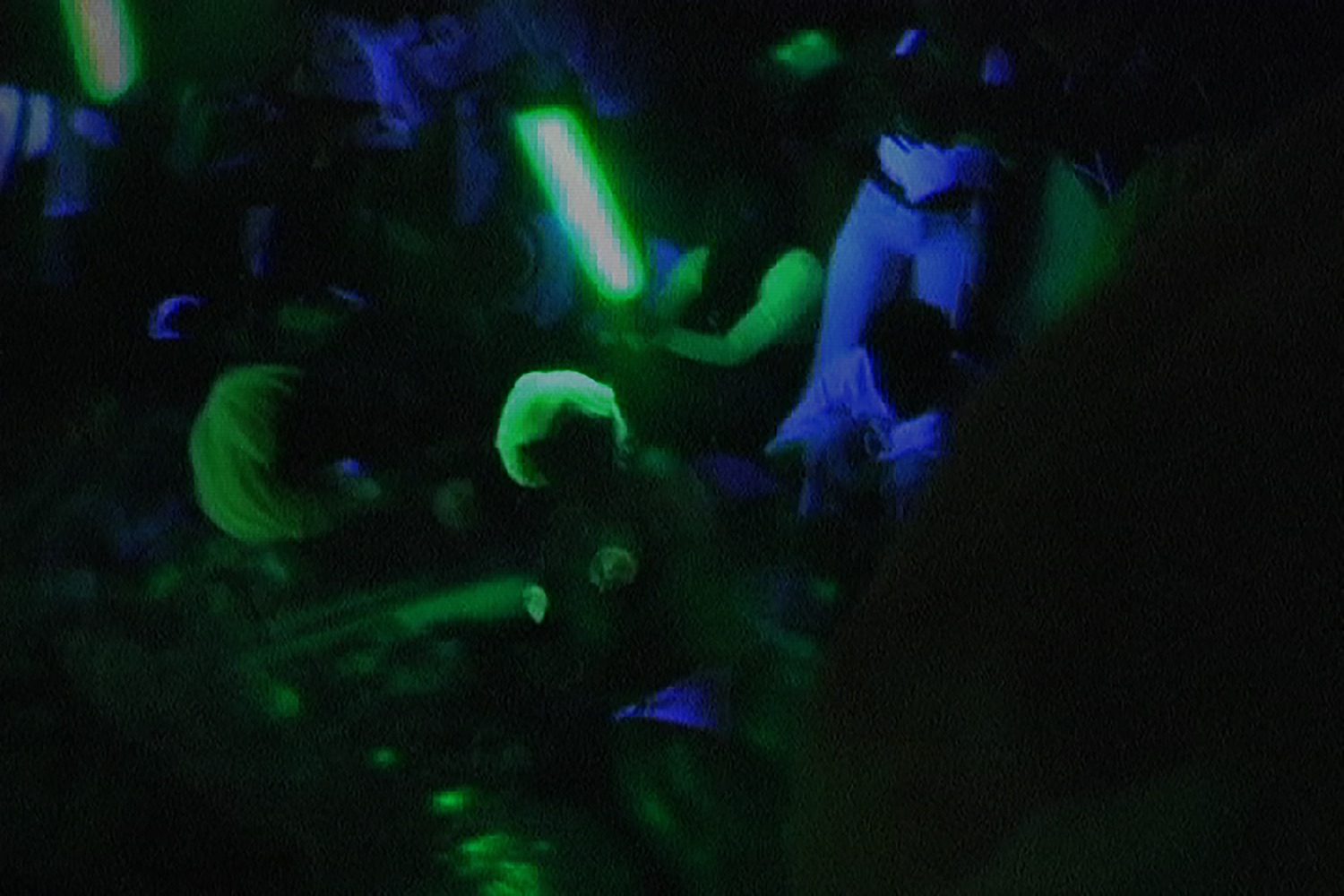
IP: I think that the precedent set by Shakedown is that that success can be imminent rather than a journey. Fundamentally that goes against the American Dreams, certainly in Hollywood’s depiction of it. Hollywood is a conservative place.
LW: So conservative, but it has really good vegetables.
IP: What’s your experience of LA? Can you tell me about growing up there and what brought you to filmmaking?
LW: I think LA is a scary place in a noir way. It’s almost haunted. My childhood memories are weird. When I was a kid there was this thing called the medfly that was fucking with the crops in Central Valley, so the entire city had to be sprayed every night with this chemical called Malathion for a couple of years. You had to bring your animals inside and I remember hearing helicopters overhead, spraying. It would never happen today. It made the leaves on bushes bubble.
LA has this stark sunshine that feels emotionless and overlit. The nighttime is kind of more alive, but also empty. I’m not even a granny, but there were literal tumbleweeds on Western. As a city it doesn’t — and no one in it — tells you what to do. People from here are so clean. Like everybody that I was in junior high school with was a perfect representation of whatever era they chose. I had a friend who was 1940s, one who was 1960s, one who was punk, riot grrrl. Somehow that’s like a Hollywood thing. And I went to a junior high school that is literally the set for all major commercials and TV shows, so even where I was as a teenager was this simulated, perfect version of TV. When I think of LA, I think of being alone, walking alone, and then getting lost, and then you find something that is so insane that you will never see again. I think LA is like the end of America and a generator that’s making all these American dreams come true on screen.
IP: There’s a moment in Shakedown where I think you capture some of these contradictions — when Hot Dog describes how a freeway was just built through his neighborhood. The way he says it, with a laugh, is both surreal and so real. We know that it was not chance that freeways were built through Black and brown communities in LA.
LW: I’m glad you remember that part in the film, because it’s important to me that Shakedown touches on history without being didactic. You want people to hear that and say to themselves, “I urgently need to know what he’s talking about.” I think it’s hard for LA people of more recent generations to even think that there was a time before freeways.

